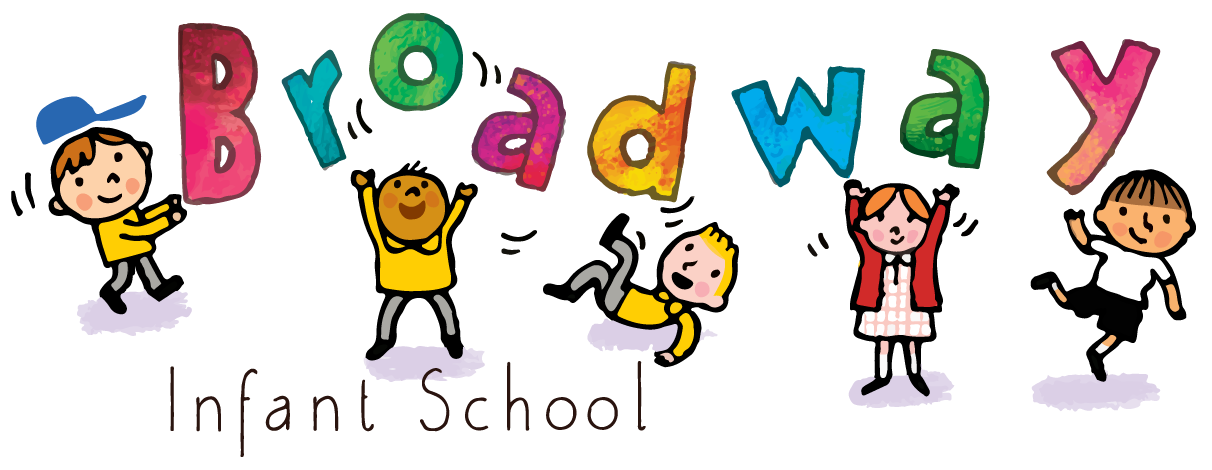Science
Intent
At Broadway Infant School, we recognise the importance of Science in every aspect of daily life. As one of the core subjects taught in primary schools, we ensure the teaching and learning of science builds on children’s previous knowledge whilst developing curiosity and excitement in the subject, giving them the desire to explore further. First hand experiences will enable them to answer scientific questions about the world around them.
The Scientific area of learning is concerned with increasing pupils’ knowledge and understanding of our world, and with developing skills associated with Science as a process of enquiry.
In conjunction with the aims of the National Curriculum, our Science teaching offers opportunities for children to:
develop scientific knowledge and conceptual understanding through a wide range of scientific enquiries that help them to answer questions about the world around them;
be equipped with the scientific knowledge required to understand the uses and implications of Science, today and for the future.
develop pupils’ enjoyment and interest in science.
use a range of investigations and practical activities to give pupils a greater understanding of the concepts and knowledge of science.
build on pupils’ curiosity and sense of awe in the natural world.
Use cross curricular teaching whenever possible to enable them to make links between subjects.
develop an enthusiasm and enjoyment of scientific learning and discovery.
Implementation
The National Curriculum provides a structure and skill development for the science curriculum being taught throughout the school, which is linked, where possible to the wider topics each term.
Teachers follow the curriculum breakdown document and the progression of knowledge and skills to ensure coverage and a sequence of lessons and skills which begins in the Early Years, feeds through to Key Stage One and prepares the children for the next stage of their education.
Our whole school approach to the teaching and learning of science involves the following;
Science is taught, planned and arranged in topic blocks in each year group. This aims to enable the achievement of a greater depth of knowledge.
Through our planning, we involve problem solving opportunities that allow children to find out for themselves. Children are encouraged to ask their own questions and be given opportunities to use their scientific skills and investigations to discover the answers.
Teachers create engaging lessons, using practical resources to aid understanding of conceptual knowledge.
Teachers begin using questioning as a starting point in Early Years to test conceptual knowledge and understanding. This allows everybody to demonstrate their full scientific knowledge without the constraints of recording. This continues throughout KS1 where children will be confident to explain their learning and understanding. Teacher assess children regularly to identify those children with gaps in learning, so that these can be minimised. The progression of skills document ensures that we build upon the learning and skill development of the previous years.
Working scientifically skills are embedded into lessons to ensure these skills are being developed as they move through the school from Early Years to Year Two.
Children are offered a range of extra-curricular activities, visits, trips and visitors to complement and broaden the curriculum. These are purposeful and link with the knowledge being taught in class.
Parents are involved with the teaching and learning of Science through participation in our Science Fair and at Stay and Investigate sessions which enable them to share the learning with their children.
Impact
Our Science Curriculum results in a fun, engaging, high-quality science education for all that provides children with the foundations for understanding the world around them. Our use of the local environment ensures that children learn through varied and first hand experiences.
Teachers use questioning in class to test conceptual knowledge and skills, assessing children against the National Curriculum. The assessment data produced by teachers demonstrates good progress in science throughout the school.
Pupil voice is used to further develop the Science curriculum, through questioning of pupil’s views and attitudes to Science to support the children’s enjoyment of science and to motivate learners.

